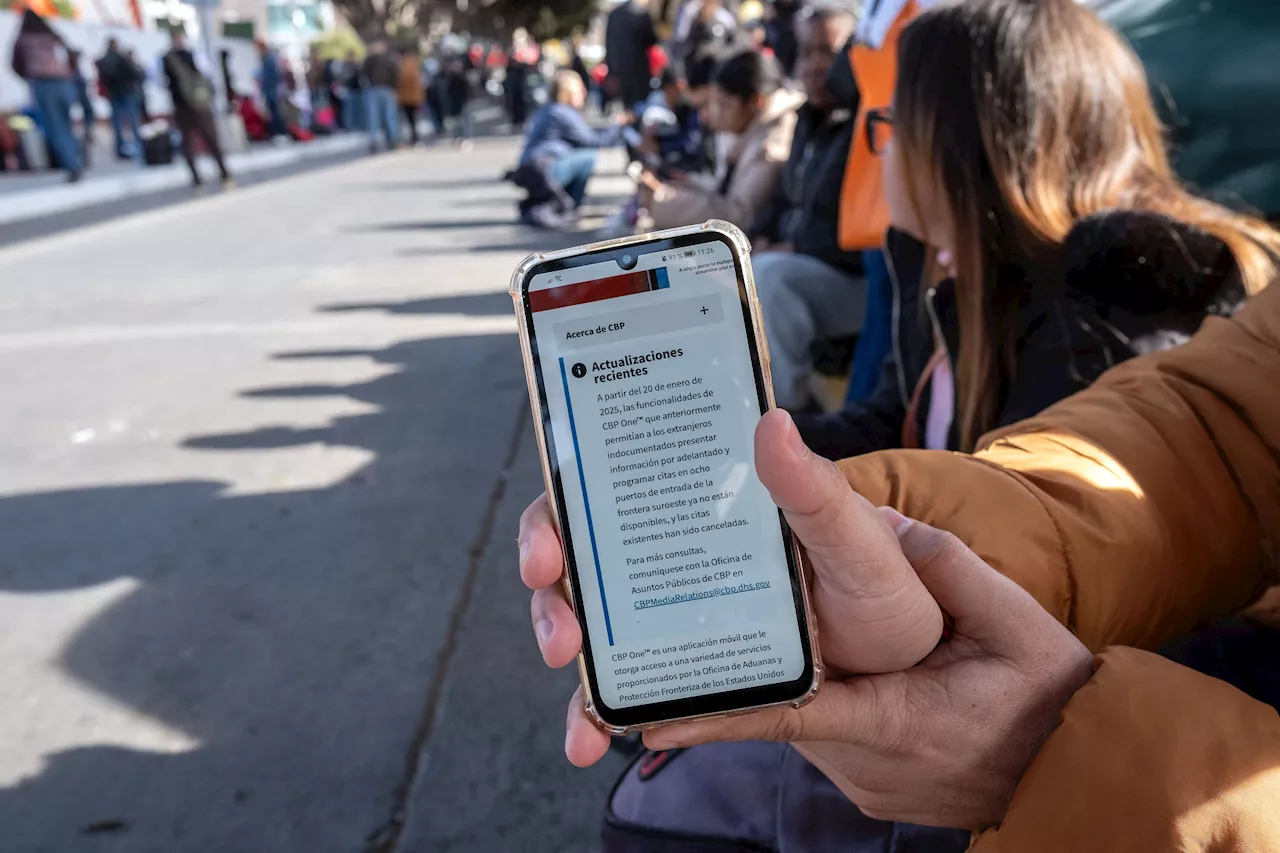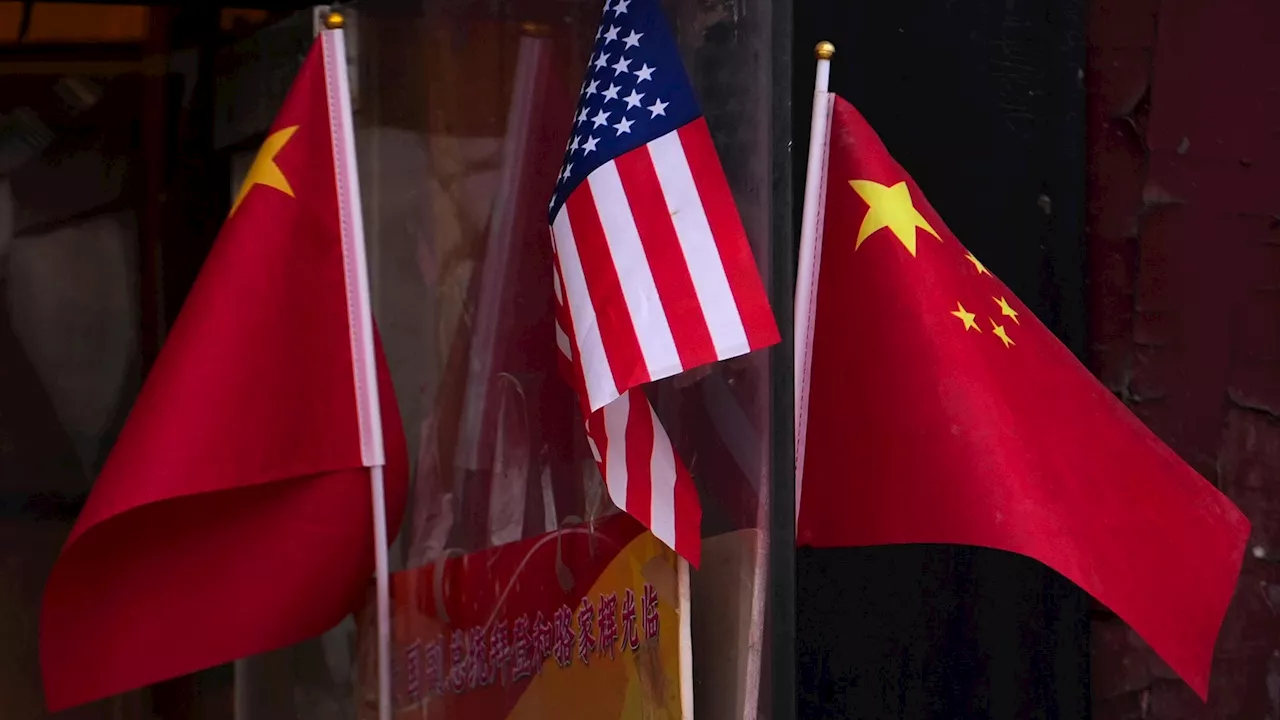The Trump administration abruptly ended the de minimis exception, a long-standing policy allowing duty-free entry for low-value shipments from overseas. This move has created chaos in the e-commerce industry, forcing businesses to rethink shipping practices and consumers to brace for potential price increases and delivery delays.
The Trump administration abruptly ended a decades-old policy known as the de minimis exception , which allowed low-value shipments from overseas to enter the U.S. duty-free. The executive order, signed on Wednesday, effectively requires all small packages, many of which originated from China , to pay tariffs, even if their value is below $800. The move, seemingly aimed at increasing revenue and curbing the influx of untaxed goods, has thrown the cross-border e-commerce industry into disarray.
The sudden implementation of the new policy has left many businesses scrambling to adapt. The U.S. Postal Service, which handled a significant portion of these small packages, announced it would temporarily halt accepting parcels from mainland China and Hong Kong. Other businesses are adjusting their shipping practices, with some, like Temu, increasing their warehousing capacity in the U.S. to minimize delays and costs associated with tariff filings. Critics of the de minimis exception had long argued that it allowed for widespread tariff evasion and the importation of counterfeit and unsafe products. Supporters, however, countered that it kept prices low for both consumers and businesses, particularly small ones. The decision to end the de minimis exception is expected to have significant implications for both consumers and businesses. Analysts predict that prices for imported goods may rise as companies pass on the cost of tariffs. Delivery times could also be impacted as customs officials grapple with a surge in paperwork and scrutiny. The long-term effects of this policy shift are still unfolding, but it marks a significant change in the landscape of cross-border e-commerce
E-Commerce De Minimis Exception Tariffs Trump Administration Cross-Border Trade China
United States Latest News, United States Headlines
Similar News:You can also read news stories similar to this one that we have collected from other news sources.
 Temu Parent PDD Holdings Shares Plummet as Trump Ends 'De Minimis' Trade ExemptionPDD Holdings, the parent company of e-commerce giant Temu, witnessed a sharp decline in its stock price following President Donald Trump's announcement of new tariffs on China, Canada, and Mexico. Trump's order eliminated the 'de minimis' trade exemption, which allowed packages valued under $800 to enter the U.S. duty-free, significantly impacting Chinese e-commerce platforms like Temu and Shein.
Temu Parent PDD Holdings Shares Plummet as Trump Ends 'De Minimis' Trade ExemptionPDD Holdings, the parent company of e-commerce giant Temu, witnessed a sharp decline in its stock price following President Donald Trump's announcement of new tariffs on China, Canada, and Mexico. Trump's order eliminated the 'de minimis' trade exemption, which allowed packages valued under $800 to enter the U.S. duty-free, significantly impacting Chinese e-commerce platforms like Temu and Shein.
Read more »
 Shein and Temu Face Major Hurdle as Trump Ends De Minimis ExemptionPresident Trump's executive orders ending the de minimis exemption for low-value goods from China will significantly impact fast-fashion companies like Shein and Temu, potentially leading to shipping delays, price increases, and a shift in consumer preference.
Shein and Temu Face Major Hurdle as Trump Ends De Minimis ExemptionPresident Trump's executive orders ending the de minimis exemption for low-value goods from China will significantly impact fast-fashion companies like Shein and Temu, potentially leading to shipping delays, price increases, and a shift in consumer preference.
Read more »
 Trump Ends De Minimis Duty-Free Exception for China, Sparking Debate on E-Commerce and TariffsPresident Trump's decision to eliminate the de minimis duty-free exception for imports from China has significant implications for e-commerce, consumer goods, and the balance of trade. The change, aimed at curbing the influx of low-value shipments, is expected to impact major online retailers like Shein and Temu, who have heavily relied on the exemption. The move has sparked debate about the benefits and drawbacks of the de minimis system, with proponents arguing it fosters economic activity and consumer affordability, while critics contend it enables the importation of unsafe products and facilitates criminal activity.
Trump Ends De Minimis Duty-Free Exception for China, Sparking Debate on E-Commerce and TariffsPresident Trump's decision to eliminate the de minimis duty-free exception for imports from China has significant implications for e-commerce, consumer goods, and the balance of trade. The change, aimed at curbing the influx of low-value shipments, is expected to impact major online retailers like Shein and Temu, who have heavily relied on the exemption. The move has sparked debate about the benefits and drawbacks of the de minimis system, with proponents arguing it fosters economic activity and consumer affordability, while critics contend it enables the importation of unsafe products and facilitates criminal activity.
Read more »
 US Ends De Minimis Duty-Free Exception for China, Targeting Shein and TemuThe US has ended the de minimis duty-free exception for China, a move aimed at curbing what critics say is an unfair advantage for Chinese firms like Shein and Temu. The change will impact millions of small-value shipments, raising concerns about the potential for unsafe products and illicit goods entering the US. Supporters of the change argue it will protect consumers and address loopholes exploited by unscrupulous retailers.
US Ends De Minimis Duty-Free Exception for China, Targeting Shein and TemuThe US has ended the de minimis duty-free exception for China, a move aimed at curbing what critics say is an unfair advantage for Chinese firms like Shein and Temu. The change will impact millions of small-value shipments, raising concerns about the potential for unsafe products and illicit goods entering the US. Supporters of the change argue it will protect consumers and address loopholes exploited by unscrupulous retailers.
Read more »
 Trump administration ends use of popular border-crossing appMigrants can no longer use CBP One to schedule appointments at ports of entry.
Trump administration ends use of popular border-crossing appMigrants can no longer use CBP One to schedule appointments at ports of entry.
Read more »
 Trump Administration Ends Use of CBP One Border AppThe Trump administration ended the use of the CBP One app, which allowed nearly 1 million people to legally enter the United States with work eligibility. The app, used to schedule appointments at eight southwest border ports of entry, was discontinued, with existing appointments canceled. The move fulfills a campaign promise by Trump and satisfies critics who deemed it overly generous, attracting more people to Mexico's border with the United States.
Trump Administration Ends Use of CBP One Border AppThe Trump administration ended the use of the CBP One app, which allowed nearly 1 million people to legally enter the United States with work eligibility. The app, used to schedule appointments at eight southwest border ports of entry, was discontinued, with existing appointments canceled. The move fulfills a campaign promise by Trump and satisfies critics who deemed it overly generous, attracting more people to Mexico's border with the United States.
Read more »
